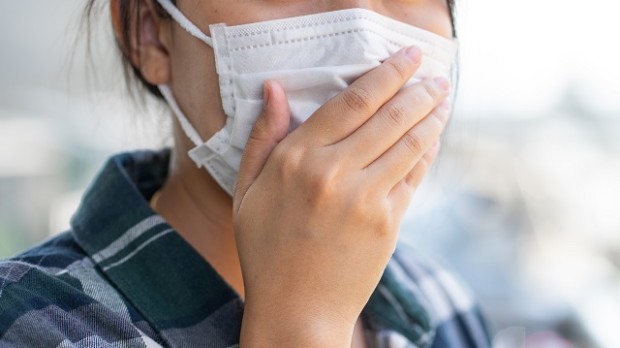Paris missing Chinese tourists The luxury shops along Paris’s Avenue des Champs-Élysées are almost empty with staff layoffs mooted as the big-spending tourists from Mainland China are stuck at home due to fears surrounding the spread of the corona virus. In 2018, 2.2 million Chinese people visited France, but now airlines all over the world have suspended or curtailed service to the country. At first, the luxury brands noticed a bit of a bounce in their sales within China, but that small com
small compensation has dried up now as more and more stores in the country close or people themselves decide not to go out in public unnecessarily.
Corona shuts China’s shops
Fear of the deadly coronavirus has led to the closure of thousands of shops and restaurants in China, with Starbucks and McDonald’s among the first to act, beginning selected shutdowns weeks ago.
Starbucks has shuttered more than 2000 shops in strategic areas, including its flagship Shanghai Roastery. McDonald’s suspended operations in five cities linked to the outbreak on January 24.
Several major tourist attractions and hospitality companies, including the Shanghai Disney Resort and InterContinental Hotels Group, have also temporarily shut down, Bloomberg reports.
Uniqlo, Apple, Muji and Ikea have closed all or significant sections of their networks.
But in contrast Walmart has announced it will stay open – for now. A Walmart spokesperson told Business Insider the company is cooperating with local officials and health experts to “closely follow” and monitor the situation.
Macy’s moves upmarket
US department store chain Macy’s is ready for a multifaceted transformation which it hopes will revive its sagging fortunes.
The chain, best known for its Manhattan flagship store, plans to close 125 suburban outlets over the next three years, which are mostly located in struggling malls. The move will save the company some US$1.5 billion over the next two years, says CEO Jeff Gennette, speaking at the annual investor day last week.
The mall stores are being outpriced by online competitors and hurt by plummeting footfall.
Instead, Macy’s plans to push into affluent suburbs with small, freestanding shops filled with upscale brands and served by tony cafes with fine coffees, fresh produce and artisanal brands.
JCPenney boosts private label
Struggling US clothing retailer JCPenney has relaunched one of its private-label brands: ANA, which stands for “a new approach”.
It will focus on casual wear, particularly denim, with extended sizes.
“Every retailer is really trying to figure out where to differentiate the relationship they have with the customer, which was traditionally built on location and store traffic. The best way to do that has been private label,” Matt Sargent, senior VP of retail at retail consulting firm Majid, told the Glossy Daily website.
UK feels the Boris bounce
British retailers had their biggest increase in sales in six years in January as Prime Minister Boris Johnson’s sweeping election win and price-cutting encouraged consumers to spend more, Reuters reports.
Accountancy firm BDO said its High Street Sales Tracker found sales jumped by 5.7 per cent last month, the biggest annual rise since January 2014, with gains seen across all sectors.
“Clothing stores saw strong sales, luring consumers with price reductions, with food sales also growing after a slight dip after Christmas,” Office of National Statistics statistician Rhian Murphy told the BBC.
Analysts say that the end of Brexit insecurity and the fears of massive changes under a possible Labour government have left people feeling more secure and thus more ready to spend money.

